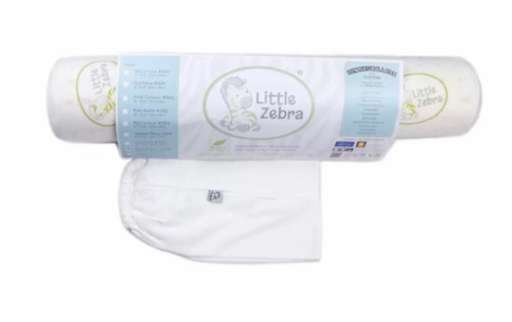Pillows and bolsters aren’t just there to make your bed more aesthetically pleasing; they’re also important tools to help you sleep better at night, whether you choose one or the other or both! To find the perfect pillow and bolster, consider the following tips when shopping around.

1. Consider your weight and height
Filling and firmness. Imagine how you sleep on your back. If you’re a side sleeper, cuter pillows aren’t usually necessary – just get the right size pillow to suit your height and weight level. Don’t be afraid to ask for help from the salesperson in selecting the right size for you, as some patterns are better suited for certain shapes than others. The best person to ask is a fellow sleep expert or healthcare professional!
2. Take into consideration the subsequent position you’ll be sleeping in
Ideal for back sleeping and side sleeping, a rounded pillow will provide the support the neck needs to stay aligned; a flat pillow is ideal for stomach or side sleeping. Some pillows are specifically made for specific positions, like an extra pillow for children or an extra pillow under the knee area of specific pillows.
3. Consider the filling of the pillow
The filling of a pillow can make or break the quality of sleep you get. If you prefer soft pillows, avoid feather pillows and stick to hypoallergenic types; some prefer firmer pillows for back sleeping and softer, less dense ones for side sleeping. Always remember that a good pillow should be a happy medium between soft and hard, allowing it to adapt to your natural contours. You may also consider materials that provide additional support, like buckwheat husks or memory foam.
4. Consider the shape of your head
Ideally, a pillow should fill the neck and support the head at the same time. The fact that the pillow is affordable doesn’t mean you should compromise on quality by getting an inferior pillow that’s too small or too big; if it doesn’t provide ideal support for your head and neck, you may end up with neck pain in the long run as well as an unsupportive pillow. Some pillows hug your head more than others.
5. Look into the future
Consider how long you plan to use a pillow, how often you’re going to wash your pillow, and what kind of pillow cover will benefit you the most. Covers are particularly important if you use your pillows frequently; they’ll keep dust and other particles from taking over your pillows and ruining them. Some covers are washable while others can be machine washed; some come in different colors while others are only available in a single color.

6. Consider the materials
Pillows are made from a variety of materials, including cotton, jumbo feathers, and memory foam; some pillows can be stuffed with anything from rubber to buckwheat husks! If you’re allergic or sensitive to certain materials, it pays to look at the tags on your pillows before purchasing them. You may also want to look into specific cleaning instructions for your pillow; ask a salesperson if you’re uncertain how best to wash your pillow or what material is used in its construction.
Pillows and sleep aren’t just there to make your life more comfortable; they can improve the quality of your sleep and help you have better, more restful nights with fewer aches and pains. You may have several options when shopping for pillows, but if you don’t look into the materials that make up the pillow, you won’t know what type of pillow is best for you until after it’s too late. Of course, it pays to ask for assistance from a salesperson who has experience with pillows and a doctor if you’re unsure about getting the best possible pillow for your particular needs.

